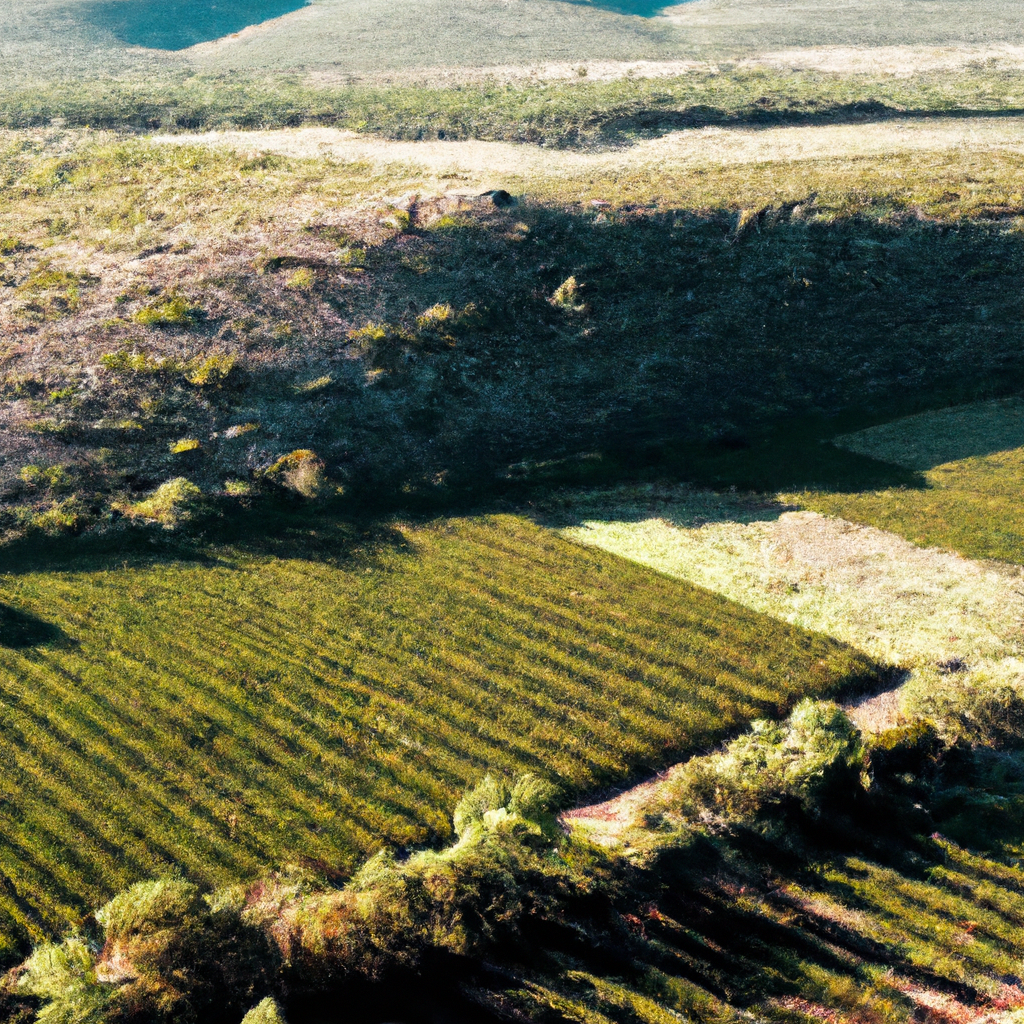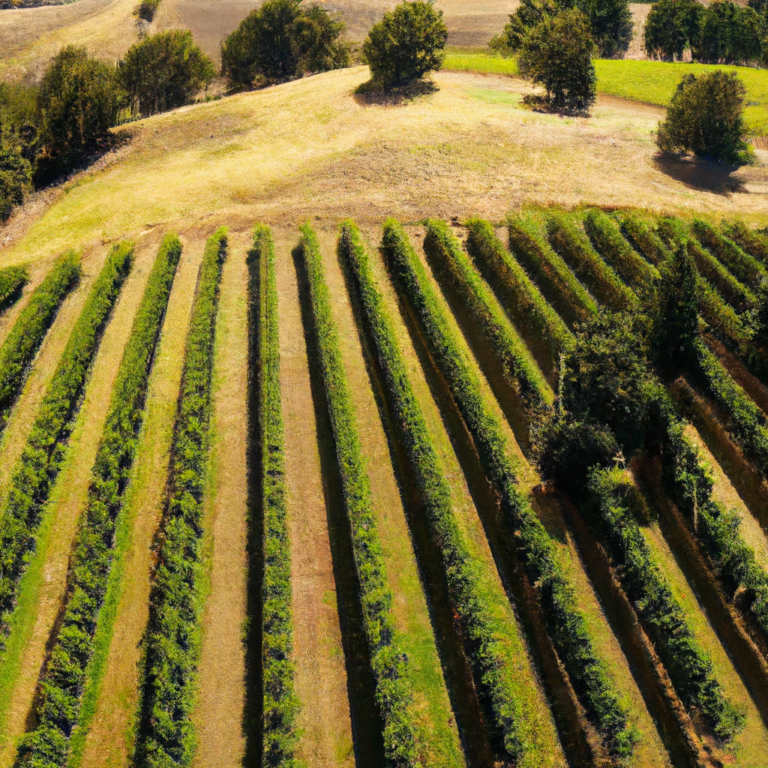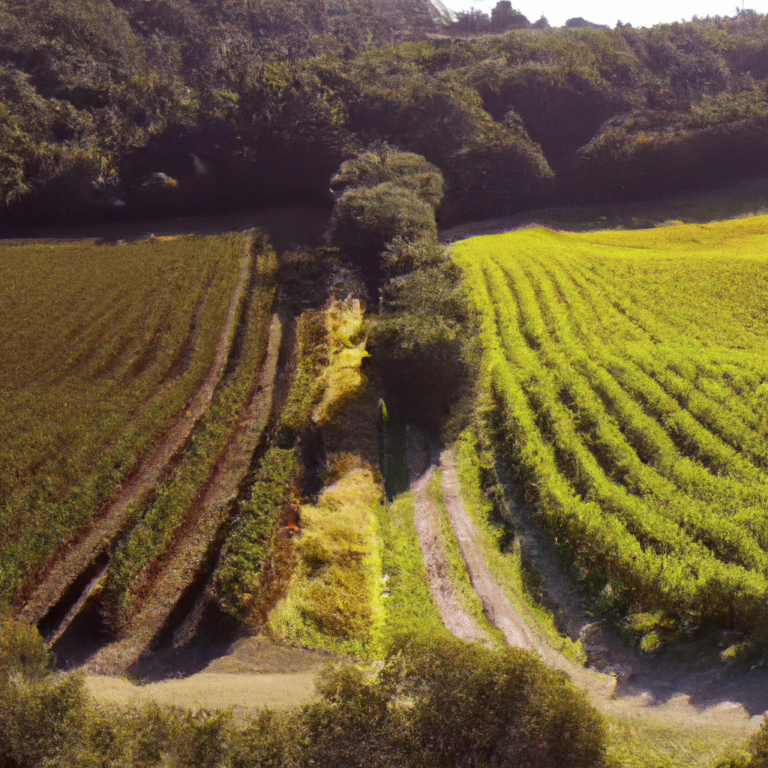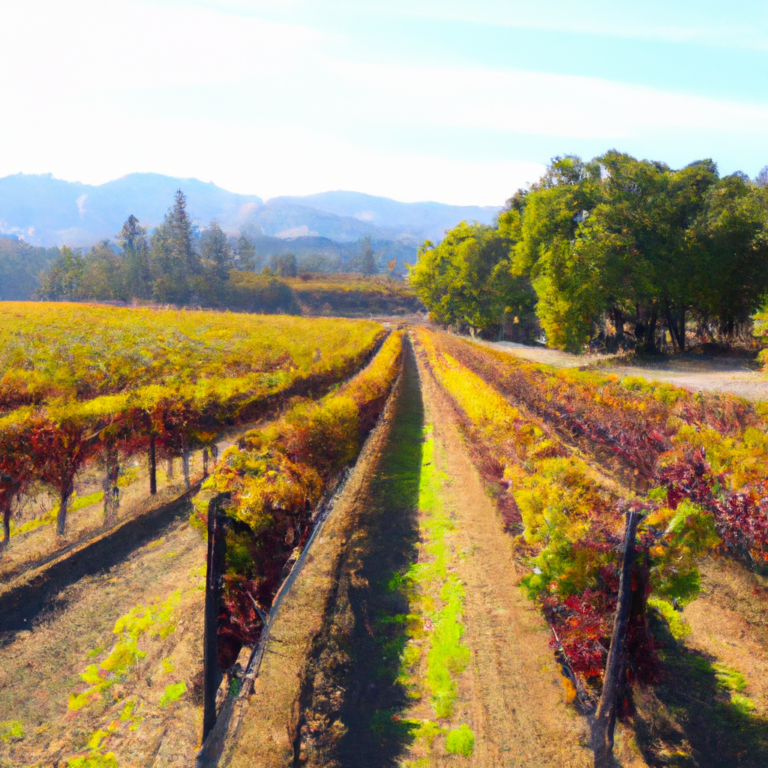Discover the Ultimate Guide to Organic Wineries for Wine Lovers Who Care About Sustainability
-
Article Summary
- Discover the Ultimate Guide to Organic Wineries for Wine Lovers Who Care About Sustainability
- Key Takeaways
- Introduction: The Rise of Organic Wineries
- The Organic Winemaking Process
- Regulations and Certifications
- The Global Trend Towards Organic and Biodynamic Wines
- Case Study: Renowned Wineries Going Organic
- FAQ Section
- What is an organic winery?
- How can I tell if a wine is organic?
- Are organic wines healthier?
- Do organic wines taste different?
- What is a biodynamic wine?
- Conclusion: The Future of Wine is Organic
- Revisiting Key Takeaways
Discover the Ultimate Guide to Organic Wineries for Wine Lovers Who Care About Sustainability

[youtubomatic_search]
Key Takeaways
- Organic wineries prioritize environmental sustainability and health benefits.
- Organic wine production involves strict regulations and certification processes.
- Organic wines offer a unique taste profile, often described as more ‘authentic’.
- There is a growing global trend towards organic and biodynamic wines.
- Many renowned wineries around the world are transitioning to organic practices.
Introduction: The Rise of Organic Wineries
As the world becomes more conscious of the environmental impact of our consumption habits, the wine industry is no exception. Organic wineries are gaining popularity among wine lovers who care about sustainability. These wineries prioritize not only the quality of their wines but also the health of their vineyards and the planet. This article explores the world of organic wineries, their practices, benefits, and how to identify them.
The Organic Winemaking Process
Organic winemaking starts in the vineyard. Organic vineyards abstain from using synthetic pesticides, herbicides, and fertilizers, opting instead for natural alternatives. This approach promotes biodiversity, maintains soil health, and reduces water pollution. The organic winemaking process also involves minimal intervention in the cellar, with restrictions on additives and processing aids. This results in wines that are not only better for the environment but also offer a unique taste profile, often described as more ‘authentic’.
Regulations and Certifications
Organic wine production is regulated by strict standards that vary by country. In the United States, for example, organic wines must be made from organically grown grapes and cannot contain added sulfites. They must also be certified by an agency accredited by the USDA National Organic Program. In the European Union, organic wines must meet similar criteria and be certified by an EU-approved body. These certifications provide assurance to consumers that the wines they purchase are genuinely organic.
The Global Trend Towards Organic and Biodynamic Wines
According to a report by IWSR Drinks Market Analysis, the global consumption of organic wine is expected to reach 87.5 million cases by 2022, a 34% increase from 2012. This trend is driven by growing consumer awareness of environmental issues and a desire for healthier products. In addition to organic wines, biodynamic wines are also gaining popularity. Biodynamic winemaking takes the principles of organic farming a step further, incorporating holistic practices that align vineyard activities with natural rhythms and cycles.
Case Study: Renowned Wineries Going Organic
Many renowned wineries around the world are transitioning to organic practices. For example, Domaine de la Romanée-Conti, one of the world’s most prestigious wineries, has been practicing organic viticulture since the 1980s. Similarly, Château Latour, a First Growth estate in Bordeaux, has been converting its vineyards to organic farming since 2015. These examples demonstrate that organic winemaking is not just a niche trend but a viable and sustainable approach to quality wine production.
FAQ Section
What is an organic winery?
An organic winery is one that produces wine from organically grown grapes, without the use of synthetic pesticides, herbicides, or fertilizers, and with minimal intervention in the winemaking process.
How can I tell if a wine is organic?
Organic wines are usually labeled as such and should carry a certification from an accredited agency, such as the USDA National Organic Program in the United States or an EU-approved body in the European Union.
Are organic wines healthier?
While more research is needed to definitively answer this question, organic wines are made without synthetic chemicals and contain fewer additives, which many believe makes them a healthier choice.
Do organic wines taste different?
Many wine lovers and experts believe that organic wines offer a more authentic and nuanced taste profile, reflecting the true character of the grape and terroir.
What is a biodynamic wine?
Biodynamic wine is made using a holistic approach that goes beyond organic farming, incorporating practices that align vineyard activities with natural rhythms and cycles.
Conclusion: The Future of Wine is Organic
The rise of organic wineries reflects a broader shift towards sustainability in the wine industry. As consumers become more conscious of the environmental impact of their choices, the demand for organic and biodynamic wines is likely to continue growing. These wines not only offer potential health benefits but also a unique taste experience, making them a compelling choice for wine lovers who care about sustainability.
Revisiting Key Takeaways
- Organic wineries prioritize environmental sustainability and health benefits.
- Organic wine production involves strict regulations and certification processes.
- Organic wines offer a unique taste profile, often described as more ‘authentic’.
- There is a growing global trend towards organic and biodynamic wines.
- Many renowned wineries around the world are transitioning to organic practices.
[youtubomatic_search]







